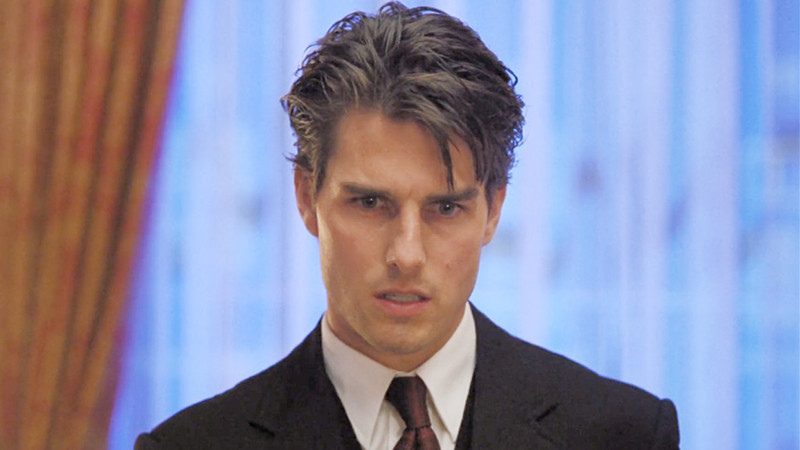
If there’s something that every movie buff can agree on, it’s that the 1990s were a pretty fun decade for film. The emergence of a new wave of indie American cinema, spearheaded by the likes of Richard Linklater, Quentin Tarantino, and Paul Thomas Anderson, busted open Hollywood and produced a bounty of stone-cold classics that are still revered to this day. This in turn encouraged big studios to pour money into bold stories and risky releases that could pay off by recouping their budget on the home video.
Combing through likely titles for this round-up of thrillers, strong cases can be made for a plethora of missing films, from cultural touchstones like “The Sixth Sense”, “Misery” or “Face/Off” to subversive neo-noirs like “The Player”, “Carlito’s Way” and “The Game”. Likewise, genre-blending masterpieces like “Jackie Brown”, “Pulp Fiction”, or “Barton Fink” each deserve a big shout out but seem to belong to another subgenre altogether. The list below represents an attempt to gauge the essence of the thriller in the 1990s, from critics’ darlings to underseen gems that fell by the wayside but are worthy of your time.
20. Devil in a Blue Dress (1995)
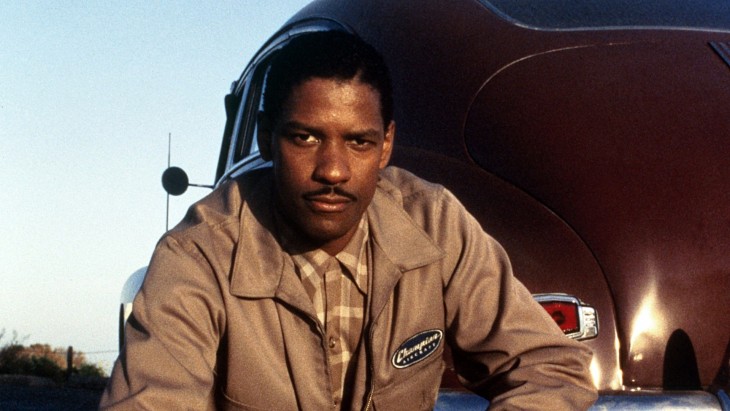
Cooler-than-cool Denzel Washington uncorks a career-best performance in “Devil in a Blue Dress” as Ezekiel ‘Easy’ Rawlins, a jobless man turned self-taught sleuth who’s hired to find a missing woman in late 1940s Los Angeles.
American director Carl Franklin, who might have just as well been tapped in the present list for his 1992 gem “One False Move”, borrowed discarded noir tropes and archetypes only to turn them in their head, peel back the curtain and expose the racial injustices in post-war America. But even if you were to remove its politically-pointed commentary, it’s easy to fall in love with “Devil” for its whip-smart screenplay, stacked cast, and lived-in world. Much like its witty protagonist, you will find yourself wondering whom to trust at every turn in this intricate web of mystery, murder, and deceit.
19. JFK (1991)
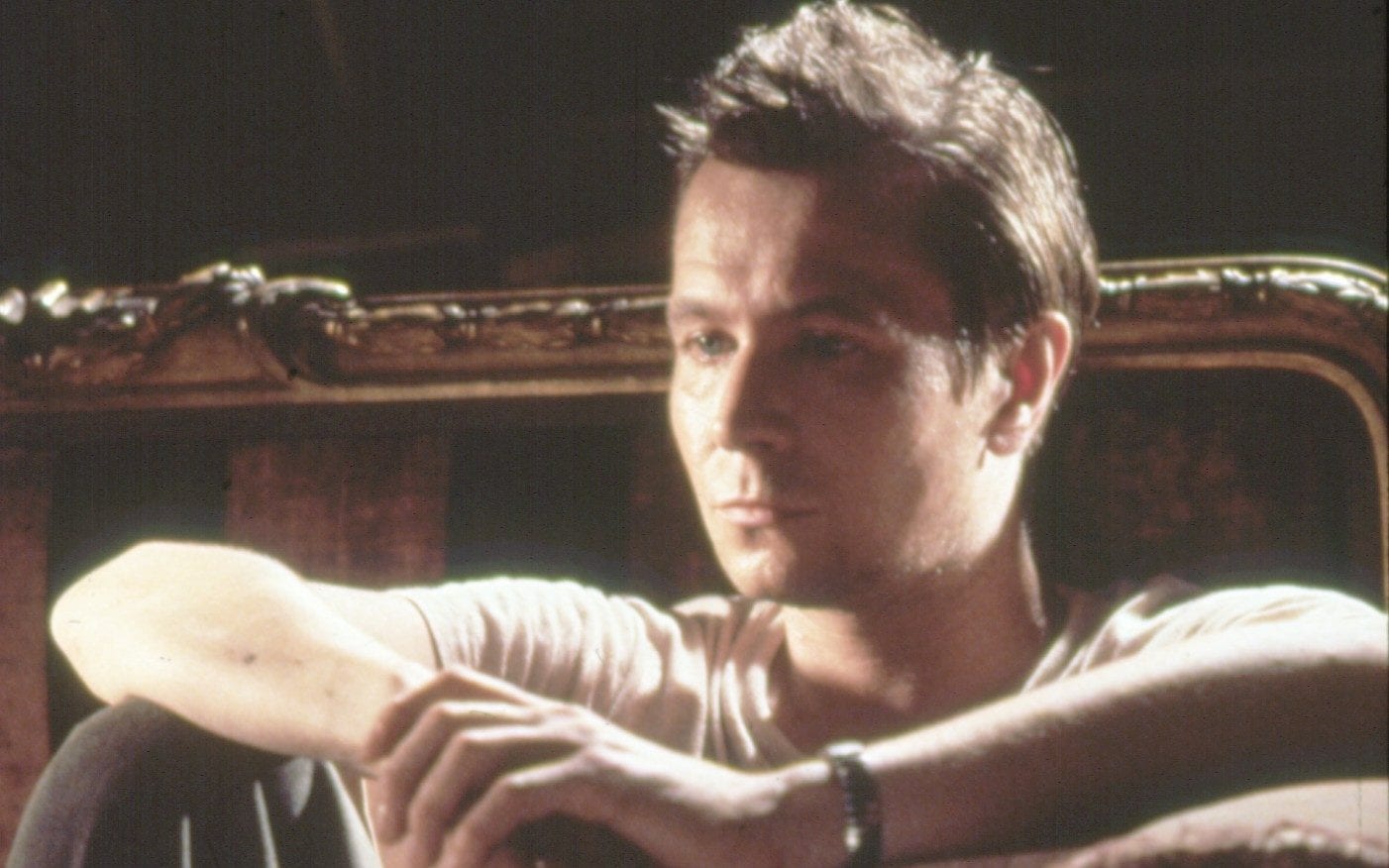
Some movies speak to their moment, reflect on the past, or gain prescience as time passes on. Oliver Stone’s sprawling epic centered around John F. Kennedy’s murder investigation manages to check all three boxes. Ever since earning 8 Academy Award nominations, “JFK” has raised heated debate and discussions regarding its questionable assertions and conspiracy theories, many of which have been properly debunked in the following years.
Strictly as a work of historical fiction, however, “JFK” has lost none of its potency and urgency. Anchored by a murderer’s row of Hollywood A-listers, including a career-turn by Kevin Costner as the New Orleans prosecutor who leaves no stone unturned in his quest for truth, the film casts an unwavering eye on the powers-that-be while encouraging viewers to remain skeptical of what they’ve been told.
18. Strange Days (1995)
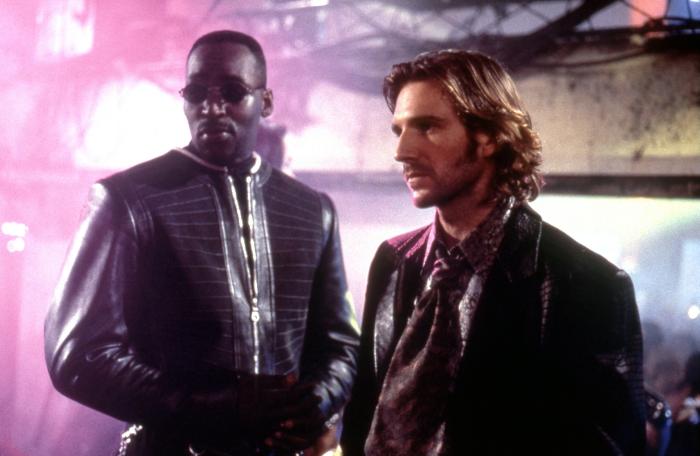
Though far from being a banner decade for science fiction, audiences were still greeted with a bounty of underrated gems during the 1990s. One that initially bombed at the box office but furiously dug its way back into the mainstream is Kathryn Bigelow’s “Strange Days”, a cyberpunk-noir that not only predicted the all-pervasive presence of immersive technology and virtual reality during its infancy, but delivered a fearless indictment on timely social issues such as police brutality, institutional racism and the surveillance state.
Penned by none other than James Cameron, the film is set in a dystopian future Los Angeles, where direct past memories are recorded, packaged and sold to the highest bidder in the black market, allowing the user to re-experience them as if they were their own through futuristic devices. If that doesn’t sound intriguing enough, watch out for Ralph Fiennes, Angela Bassett, Juliette Lewis and Tom Sizemore’s standout performances.
17. Basic Instinct (1992)
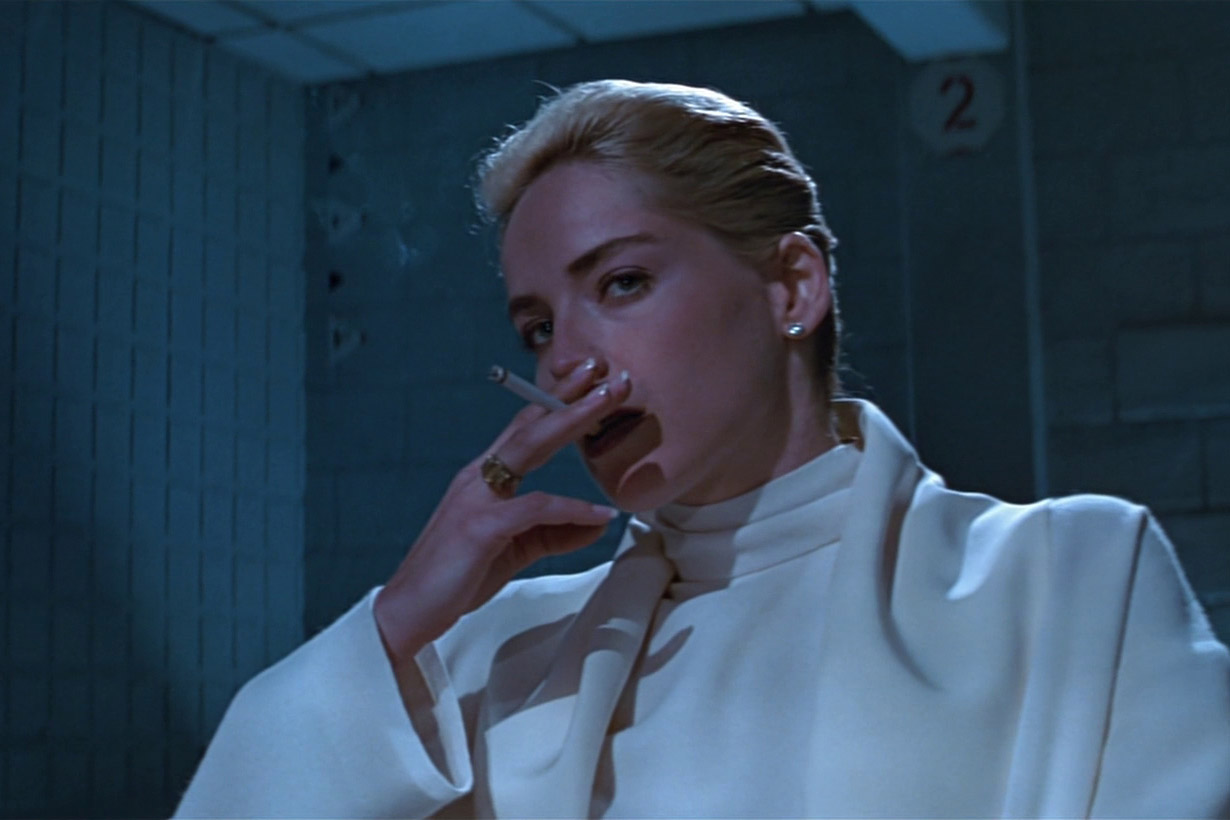
The “Citizen Kane” of Nineties erotic cinema raised eyebrows and set screens aflame in 1992, opening the floodgates for a new influx of steamy X-rated thrillers brimming with sexual tension, violence, unexpected turns, and deadly femme fatales.
Even if you haven’t seen Paul Verhoeven’s stylish tale of passion and deceit, you’re probably familiar with its iconic interrogation scene, in which Sharon Stone’s two-timing novelist is questioned by the police as the prime suspect of a homicide case. Michael Douglas plays the chief detective in charge of the investigation who falls head over heels in love with her against his better judgment. If you like midnight staples like “The Last Seduction”, “Jade”, “Criminal Passion”, “Bound” or “Wild Things”, you can thank Dutch provocateur Paul Verhoeven for getting the ball rolling.
16. L.A. Confidential (1997)
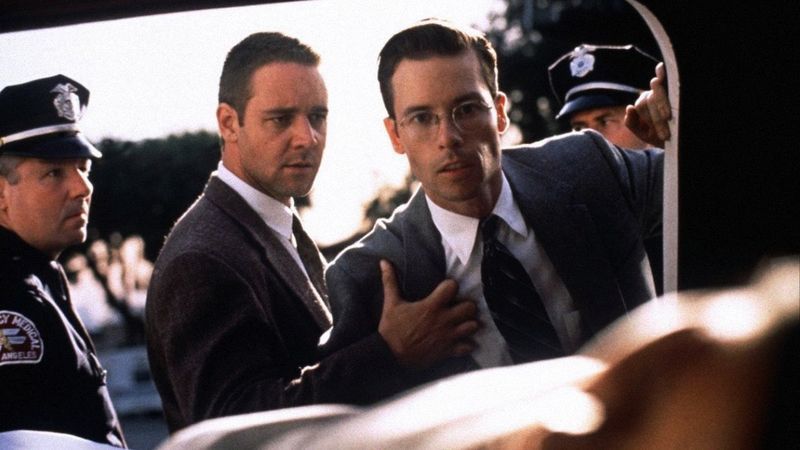
One can’t fault James Cameron for crowning himself as the “King of the World” after sweeping the 1998 Academy Awards ceremony. As iconic as that moment would instantly become, though, allow us to submit that Curtis Hanson’s sleek novel adaptation would have made an infinitely more interesting Best Picture recipient than “Titanic”.
Russell Crowe and Guy Pearce join forces to uncover a labyrinthine crime conspiracy in 1950s Los Angeles — here portrayed not as the Mecca of glitz and glamor, but rather a squirming hotbed of corruption, sex, and debauchery. The film’s no-holds-barred, unsavory portrait of Tinseltown puts it in direct conversation with Golden Age monoliths like “Sunset Blvd.” as well as neo-noir staples like 1974s “Chinatown” and 2001s “Mulholland Dr.”. Despite its obvious cinematic lineage, make no mistake: “L.A. Confidential” is in a league of its own.
15. La Cérémonie (1995)
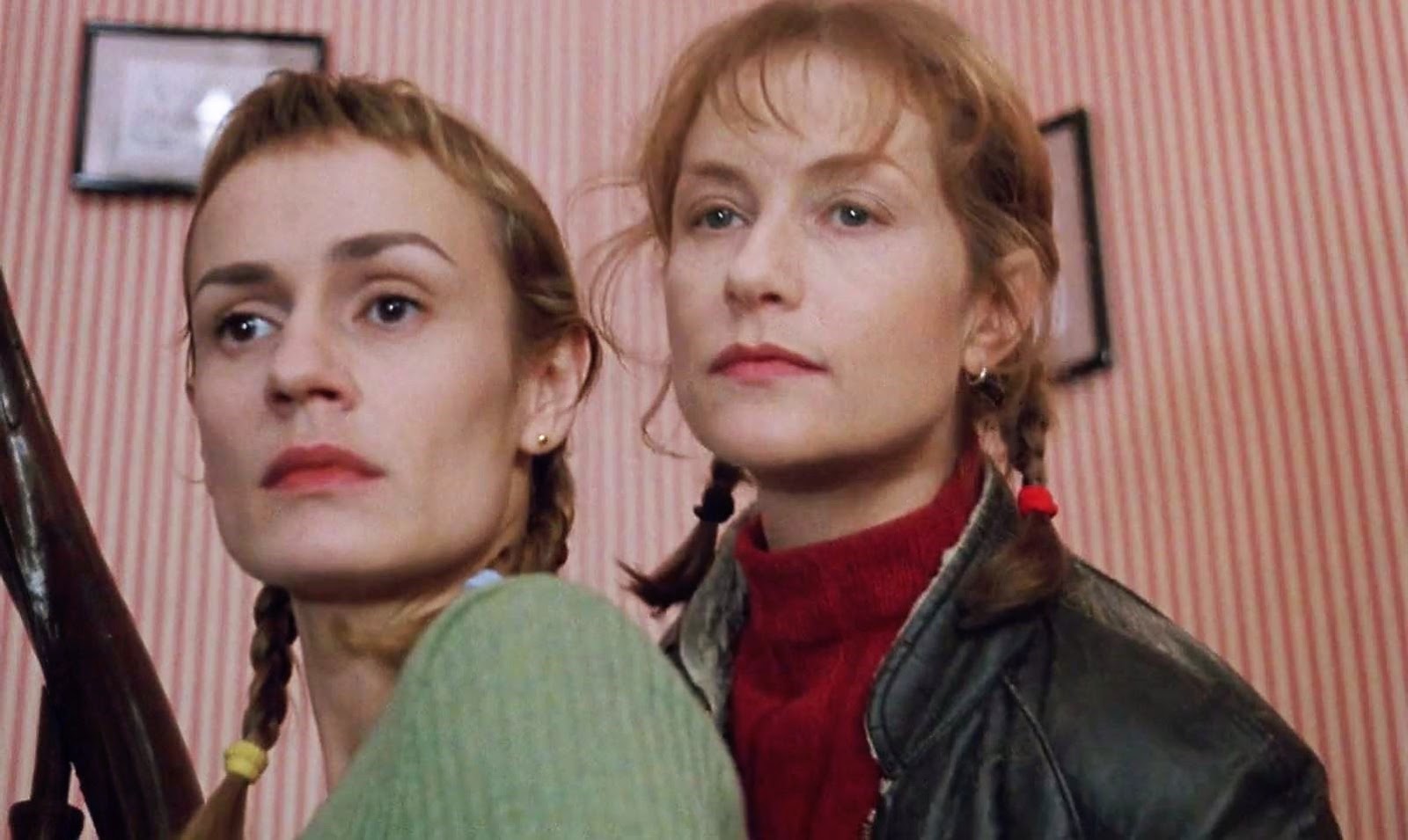
Based on Ruth Rendell’s novel “A Judgment in Stone”, French filmmaker Claude Chabrol’s late-career masterpiece tore at the very fabric of patriarchy, class inequality and bourgeoisie complacency, recounting the story of a poor young woman called Sophie (Sandrine Bonnaire) who’s hired as a maid by an upper-class family.
Simmering tensions begin to boil over as soon as the soft-spoken Sophie befriends a self-assured local postmistress (an electrifying Isabelle Huppert), who encourages her to stand up to her tyrannical employers and take matters into her own hands. Picture a film that combines the razor-sharp suspense of Hitchcock with social commentary as biting as Bong Joon-ho’s — then add two of the greatest French actresses of all time for good measure. The result is an unsung gem whose reappraisal is passed due.
14. King of New York (1990)
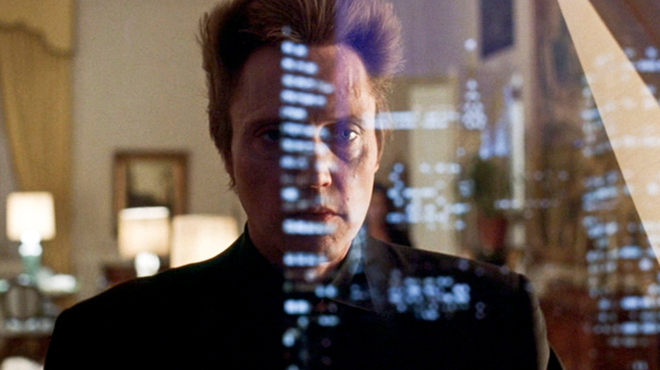
Next to Martin Scorsese, perhaps no other filmmaker more tellingly exposed New York City’s grimy underbelly — including all the sleazy crooks, self-obliterating sinners, and lonely men inhabiting its wild concrete jungle — than the great Abel Ferrara.
Prior to his 1992 piercing study of Catholic guilt (the Harvey Keitel-led “Bad Lieutenant”), Ferrara started off the 1990s in fantastic style with the slick Robin Hood retelling “King of New York”. Spearheading the stacked cast is the always-reliable Christopher Walken, who delivers a subtly vulnerable performance as a grizzled drug kingpin aiming to reclaim his throne after being locked up behind bars for years. In classic Ferrara fashion, the film fuses trashy, B-movie trappings with arthouse sensibilities, weaving a portrait of the criminal underworld that is at once stylish, uncompromisingly violent, yet surprisingly thoughtful.
13. Fight Club (1999)

That David Fincher’s piss-take on masculine angst and end-of-the-century panic went on to be embraced by the very same disaffected Gen-Xers it’s trying to poke fun at — only to emerge as the ne plus ultra of alpha male cinema — is nothing short of amusing in and of itself.
However, the film’s standing in the zeitgeist, oddly ironic as it may be, takes nothing from its actual merits. If nothing else, it makes this dizzy time capsule even more compelling to revisit 25 years on. Brad Pitt and Edward Norton have never been as better or electrifying as opposite sides of the same coin: the yin and yang of masculine malaise, who casually ignite a full-blown insurrection with their underground endeavors. Hilarious and revolting in equal measure, “Fight Club” has lost none of its power to enthrall.
12. Hard Boiled (1992)
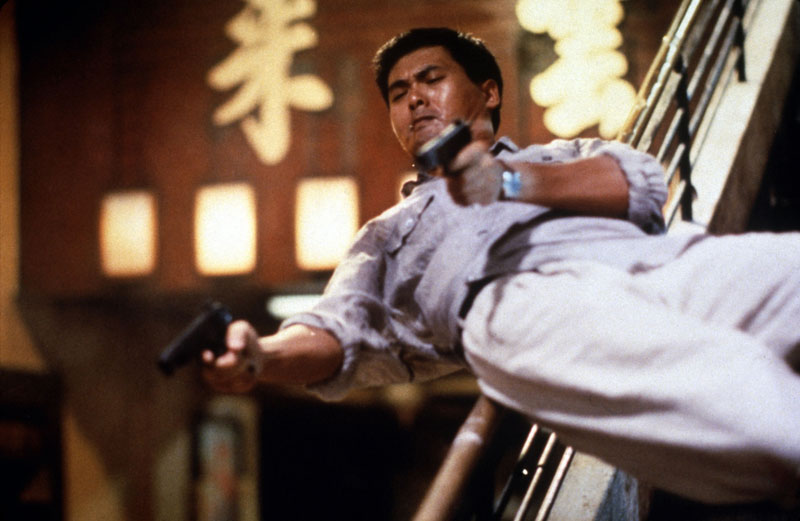
Nestled right between the Hong Kong staple “Bullet in the Head” and his early forays in Hollywood (“Hard Target”, “Face/Off”), legendary filmmaker John Woo gifted audiences with a rip-roaring treatise on bromance and heroic bloodshed delivered under the guise of a pulpy cops-and-bad-guys melodrama.
Starring the ever-charming Chow Yun-fat as wisecracking detective Tequila, who must infiltrate the notorious Hong Kong triad gang with the help of an undercover agent (Tony Leung), “Hard Boiled” will satisfy any John Wick aficionado looking for a potent brew of testosterone-heavy action and badass set pieces. If you dig a little deeper, however, you’ll find a revelatory text on the codes of masculinity, honor, friendship and loyalty. Effortlessly charming and endlessly rewatchable.
11. Cure (1997)
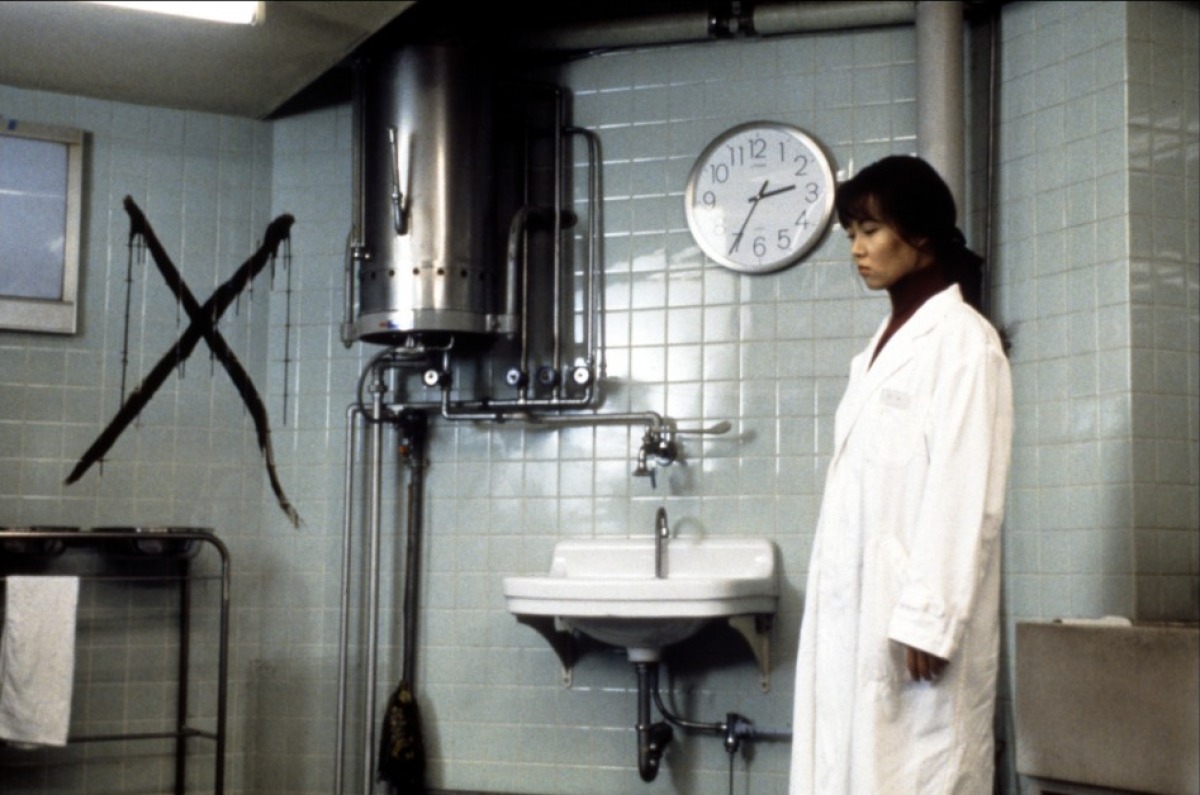
Kiyoshi Kurosawa’s “Cure” is not a film one simply watches; it’s a film that puts you under its spell, taking free residence in your mind to haunt you indefinitely. At the crossroads between gripping police procedural and existential horror, this 1997 Japanese film puts us in the shoes of a burned-out detective, who grows more and more obsessed while hunting down the man responsible for a string of gruesome murders terrorizing Tokyo.
The genius of “Cure” is that it doesn’t even bother to conceal the serial killer’s identity. Instead, it forces the viewer to watch him operate up close for two emotionally-fraught hours, in which we see how he slowly ensnares and hypnotizes his victims, unleashing all the sadistic urges and homicidal impulses they kept buried in their subconscious. Much like the film’s villain, “Cure” takes its time implanting itself in your mind, but many of its scorching questions linger with you long after the screen fades to black.